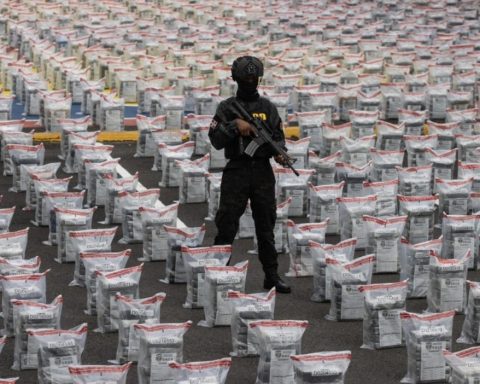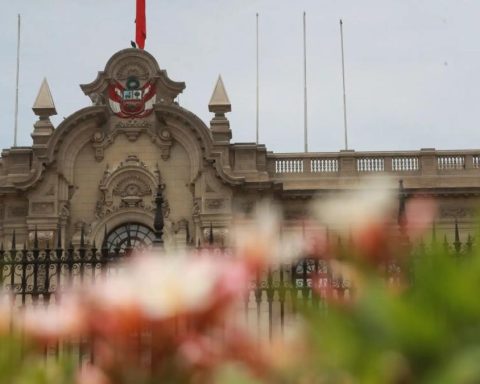yes
f someone has the illusion that the extreme right is a temporary phenomenon, the first round of the Brazilian elections should convince us otherwise. It is here to stay, as is the case in Italy, the United States, Chile, Colombia and, increasingly, in countries like Argentina and Uruguay, where it did not have a solid tradition.
The Liberal Party (PL), led by Jair Bolsonaro, became the leading political force by obtaining 99 deputies and considerably increasing its representation, as in the Senate, where it obtained 13 seats. The PT elected 68 deputies, which with its allies (PV and PCdoB) add up to 80, and only nine senators.
Parliament is as right-wing as it has been since the 2018 election that Bolsonaro won. Adding the allied parties, Bolsonaro reaches 198 deputies, while Lula could reach 223, if he reaches agreements with some center-right parties. There are 92 seats left out of a total of 513 that, according to the survey of Folha de Sao Paulomay lean towards whoever offers better positions or facilities for doing business.
If Parliament will be a thorny space that will make Lula, if elected, a centrist president, the extreme right will take over most of the state governments, which play a key role in governability, since they influence the federal and state chambers.
What seems unusual is that after four years of economic deterioration, poor management of the pandemic and permanent anti-democratic attitudes, Bolsonaro obtains more than 50 million votes that show a country divided into two halves, a division that will continue after the second round on October 30.
The deep roots of the extreme right, both in Brazil and in other countries, should make us reflect on its root causes, in order to operate more efficiently and try to stop this wave.
The first thing to consider is the global systemic crisis that is dismantling the international system of states and the alliances between them. In each region and country tendencies towards ungovernability and chaos are generated. The dispute between the power in decline, the United States, and the ascendant, China, is a destabilizing factor that favors the generalization of wars between nations.
In this climate, political, social and cultural polarization between classes, skin colors, sexes and generations grows. Violence from top to bottom is the way in which the ruling classes intend to reshape societies according to their interests, increasingly abandoning any tendency towards the integration of popular sectors and peoples. This is an unprecedented challenge for the anti-systemic forces that we are failing to discuss and act accordingly.
The second is the tremendous depoliticization that exists in societies, the notable expansion of consumerism with its burden of alienation and paralysis in the face of the challenges represented by the current crisis/storm. The new capabilities of domination through the most advanced technologies (from social and mobile networks to artificial intelligence) are not finding answers that are equal to the threats posed to humanity.
It is true that at this point the left has its share of responsibility for having abandoned any anti-systemic attitude. But if we sharpen our gaze, we will find that in other periods the left reflected the resistance from below, but did not create it. Nobody taught the working classes to neutralize Fordism and Taylorism, in the same way that nobody taught indigenous and black peoples to confront colonialism, nor women to confront patriarchy.
Although I wish I was wrong, I believe that it is the rebellion itself, a characteristic that has always nested in poor and violated humanity, which today is being neutralized by the ruling classes. Perhaps it is just an urban phenomenon, where exposure to the mechanisms of domination is considerably greater. Perhaps for this reason, our journeys in search of spaces in resistance are mostly towards rural areas, far from the madding crowd of media.
Finally, I think that our analyzes are too biased towards ideologies, as if they were the vault key to explain the growing entrenchment of the extreme right. But we human beings are moved by issues more linked to real life, although not necessarily by an instrumental rationality. Ideologies come after having taken a position, as a way of justifying and giving flight to what has already been decided.
The powerful spirituality that nests in the peoples that resist cannot be a coincidence. Sharing spaces and times of celebration is the mortar of communities, without whose emotional and mystical cohesion it would not be possible to resist or dream of a world different from the one that oppresses us. Spirituality is the common primary of life; but by not feeling it, we are shipwrecked in pure solitude.

















